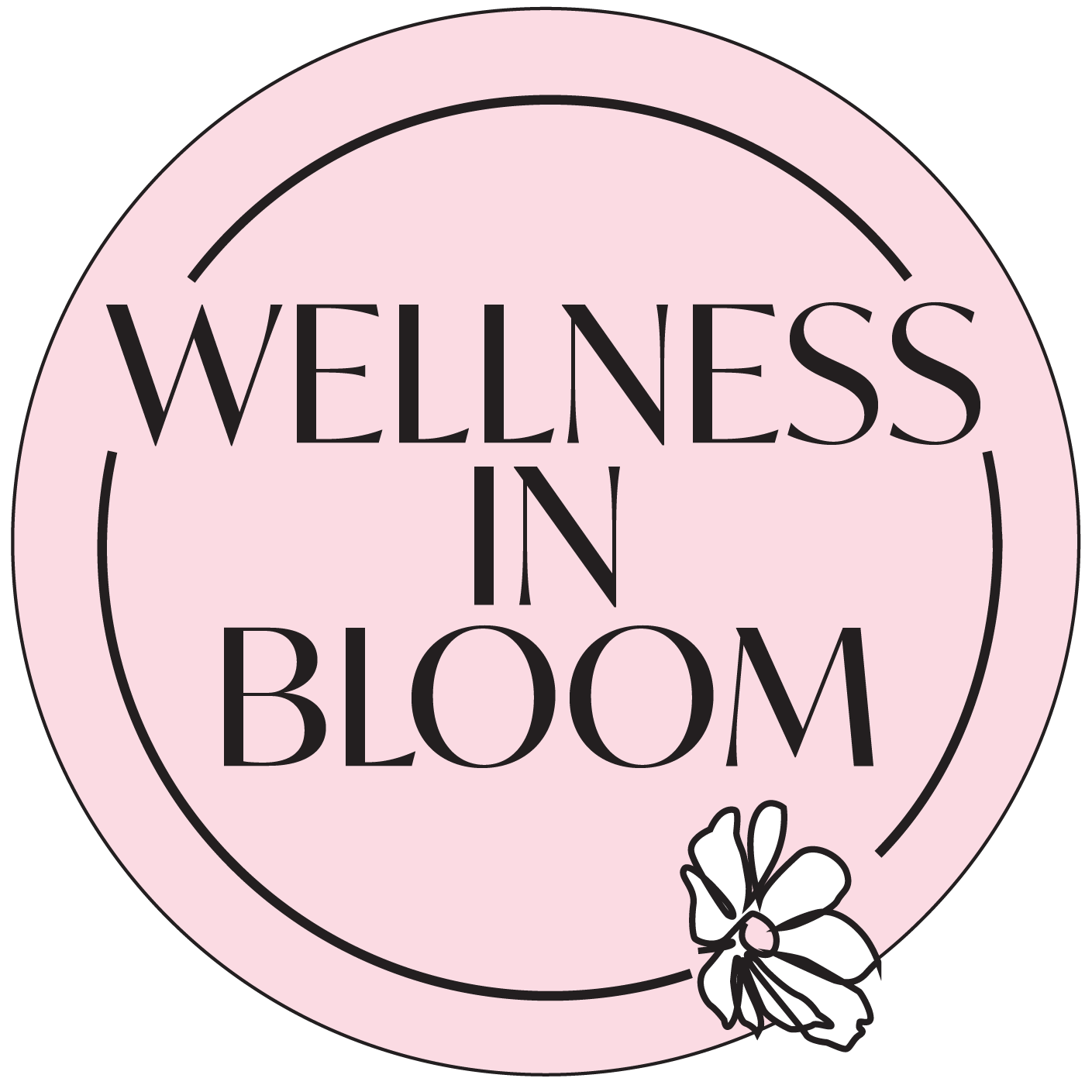Especially people under the age of 50.
Did you know that there has been an astonishing increase in cancer rates? Most notably, there has been an increase in cancer rates among people under the age of 50.
Why is that so important?
Because, unfortunately, one of the claimed risk factors for developing cancer is being older. I have my own thoughts on that, but here is the reason age increases the risk for cancer:
As most people age, they increase inflammation. Most people have underlying health issues, nutrient deficiencies, excessive stress, and feelings of hopelessness that increase with age.
All of those listed above increase the risk for cancer.
In addition, just like filling up a glass of water, little bit by little bit, every year, most people increase these sources of inflammation. Until, at a later age, the body cannot fight off cancer cells, and, therefore, the glass of water overflows and the body succumbs to a cancer diagnosis.
In the past, most people have been diagnosed with cancer around age 68.
However, a recent study reveals that various cancer types have been sky-rocketing in diagnosis for those under the age of 50. (1.)
Which cancers? Breast cancer, colorectal cancer, endometrial cancer, esophageal cancer, extra hepatic bile duct cancer, gallbladder cancer, head and neck cancer, kidney cancer, liver cancer, multiple myeloma, pancreatic cancer, prostate cancer, stomach cancer, and thyroid cancer.
Alarming, isn’t it?
Why is no one talking about this?
Let’s be clear: cancer at any age is not normal.
However, the rates of those developing cancer under 50 has caused recommendations to be lowered for screening.
- Colonoscopy: this screening for cancer used to be recommended at age 50, now the age to start screening is 45 (2.)
- Mammograms: most women in the past started screening for breast cancer at age 50, now this recommendation is changed to start at age 40 (3.).
To be honest, I find this completely overwhelming. Cancer is a devastating process. Even among survivors, the physical, emotional, and financial burden is staggering.
But, as always, there is something we can do.
Here are 3 reasons I believe cancer rates are rising and what you can do.
- Inflammation:
Inflammation is associated with an increase in cancer development and progression. (4.)
What are sources of inflammation?
Obesity is one.
It increases the risk for a number of health issues, specifically, cancer. (5.)Obesity affects nearly 41% of Americans today. (6.) So, while body positivity, eat whatever you want, is the latest trend, you should ask yourself, what exactly are we promoting?
While obesity is diagnosed off of a BMI scale, I would recommend that you apply a rule based off of waist circumference, too.
Men: aim to have a waist circumference less than or equal to 40 inches.
Women: aim to have a waist circumference less than or equal to 35 inches.
What are other sources of inflammation?
A sedentary lifestyle (6.). What should you do? Move. Go for a walk. Build muscle.
Ultra processed foods (7.). What should you do? Eat nutrient dense foods. Eat an array of fruits and vegetables.
Imbalance blood sugar/insulin resistance (8.). What should you do? Eat to balance blood sugar. Avoid excessive sugar intake.
Working on decreasing inflammation and promoting an anti-inflammatory lifestyle is what I offer to all of my clients for this reason: it is a powerful tool to transform your current and future health.
- Toxic element exposure:
You may not like to hear it, but our exposure to toxic elements today is at an alarmingly high rate. So why would we be shocked that cancer rates are rising?
Heavy metals like arsenic, cadmium, chromium and nickel, just to name a few, are associated with increased rates of cancer. (9.)
Bisphenol A (BPA), a known hormone disruptor found in plastics, is also known to promote cancer. (10.)
Why?
Because they increase oxidative damage and literally alter the DNA, making it hard for the body to repair damage.
Where are the sources of many toxic elements?
A lot of it is in food and water.
An easy place to start? I highly recommend you assess your water source. You can input your zip code here on the Environmental Working Group’s website.
Most zip codes will find a high level of carcinogenic elements. Britta water filters do not get rid of these toxins. You need to filter the water you drink. A few options for water filtration:
Berkey Water Filtration
AquaTrue
Pure Effects
Clearly Filtered
Are all of these toxins coming from our water? No. But filtering water is a great place to start.
Food is another source. Buying organic when possible and always reading labels is important. You don’t need more Yellow 5 in your life. (Read this article on foods that are banned in Europe, but allowed in the US.)
In order to assess particular toxin exposure, I recommend a hair tissue mineral analysis (HTMA). Unlike blood work, this checks for toxic build up in soft tissue - where many toxins, like mercury, accumulate after exposure.
If you’d like to hear more about why I offer HTMA, or you're interested in apply for testing, click here.
- Liver burden:
In order for our body to fight off cancer cells and to eliminate toxins, we must have an efficient elimination system.
Millions of people today have non-alcoholic fatty liver disease which is usually left unaddressed.
However, it hinders the body’s ability to have a healthy, functioning elimination process. This disease process is based in insulin resistance (you can watch a Youtube video on it here).
It also has been linked to an increased risk of developing non-liver cancers (11.). This means the health of your liver has the power to promote or prevent other types of cancer, not just liver cancer.
If you want to improve your body’s ability to eliminate toxins, improve your liver health.
And one of the best things you can do to improve your liver health, is to balance blood sugar and to avoid or reverse insulin resistance.
This is possible, no matter your age.
Although news like this can be overwhelming, it’s important to see the good in everything.
The good news? You CAN do something today to decrease your risk for cancer.
You CAN do something today to be strong and to be around for those you love.
Need help finding a way? Click here to apply to join Wellness in Bloom today.




